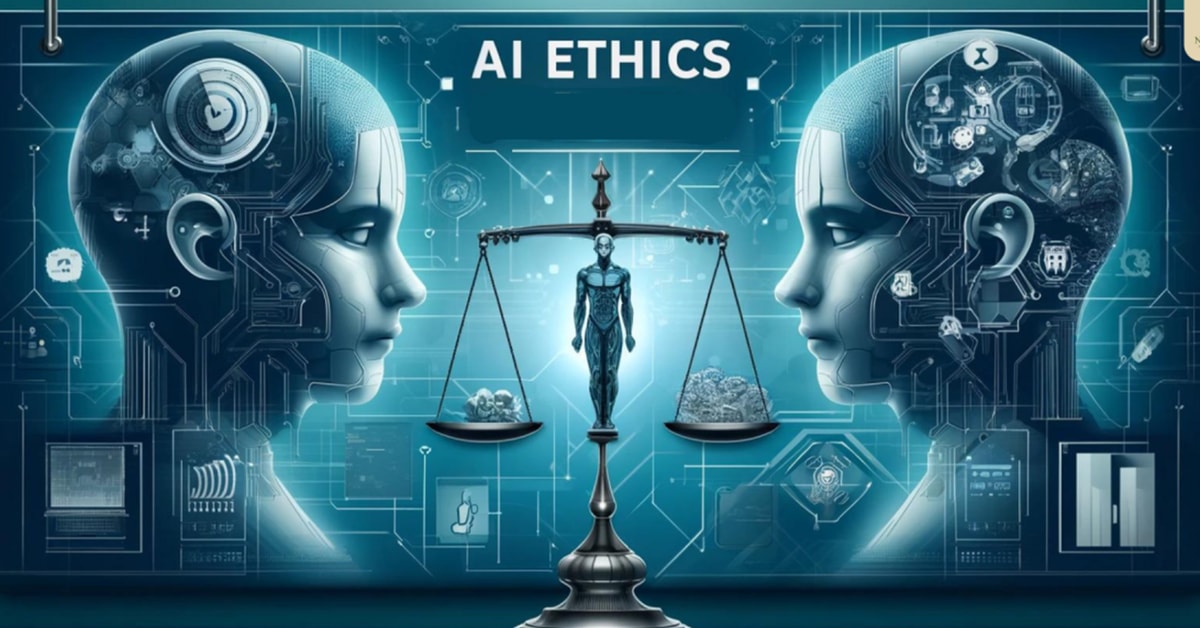Article Body
Introduction
As AI systems become more autonomous and embedded in daily life, questions about ethics, accountability, and fairness are more relevant than ever.
Core Principles of Ethical AI
-
Fairness: Avoiding bias and discrimination in AI models
-
Transparency: Making AI decision-making processes understandable
-
Accountability: Establishing responsibility for AI outcomes
-
Privacy: Ensuring personal data is protected and used appropriately
Real-World Challenges
-
Biased Datasets: AI can reinforce existing social inequalities
-
Black Box Models: Lack of explainability in complex AI decisions
-
Unregulated Use Cases: Facial recognition, predictive policing, etc.
Solutions and Frameworks
-
Development of explainable AI (XAI)
-
Implementation of AI ethics boards within organizations
-
Adoption of regulatory frameworks by governments
Industry Best Practices
-
Regular bias audits of AI models
-
Open-sourcing code for transparency
-
Inclusive development teams
Conclusion
Ethical AI isn’t just a moral imperative—it’s a business one. Trust will become the currency of successful AI products in 2025 and beyond.

Comments